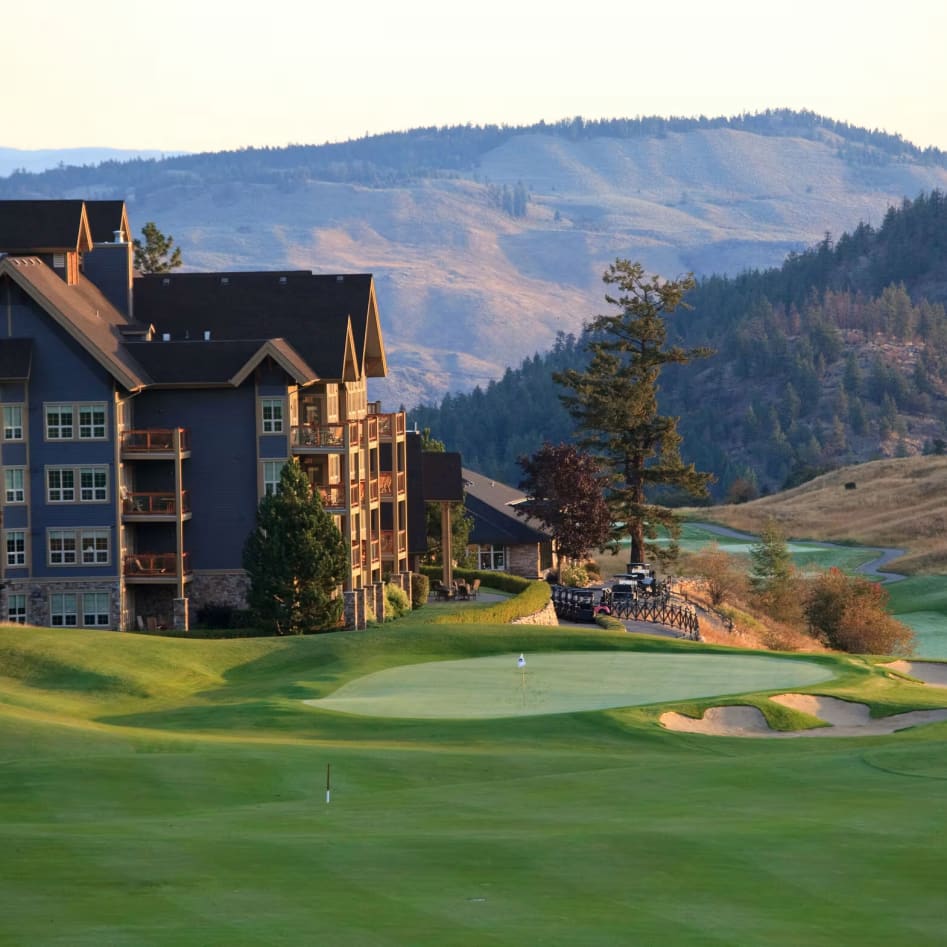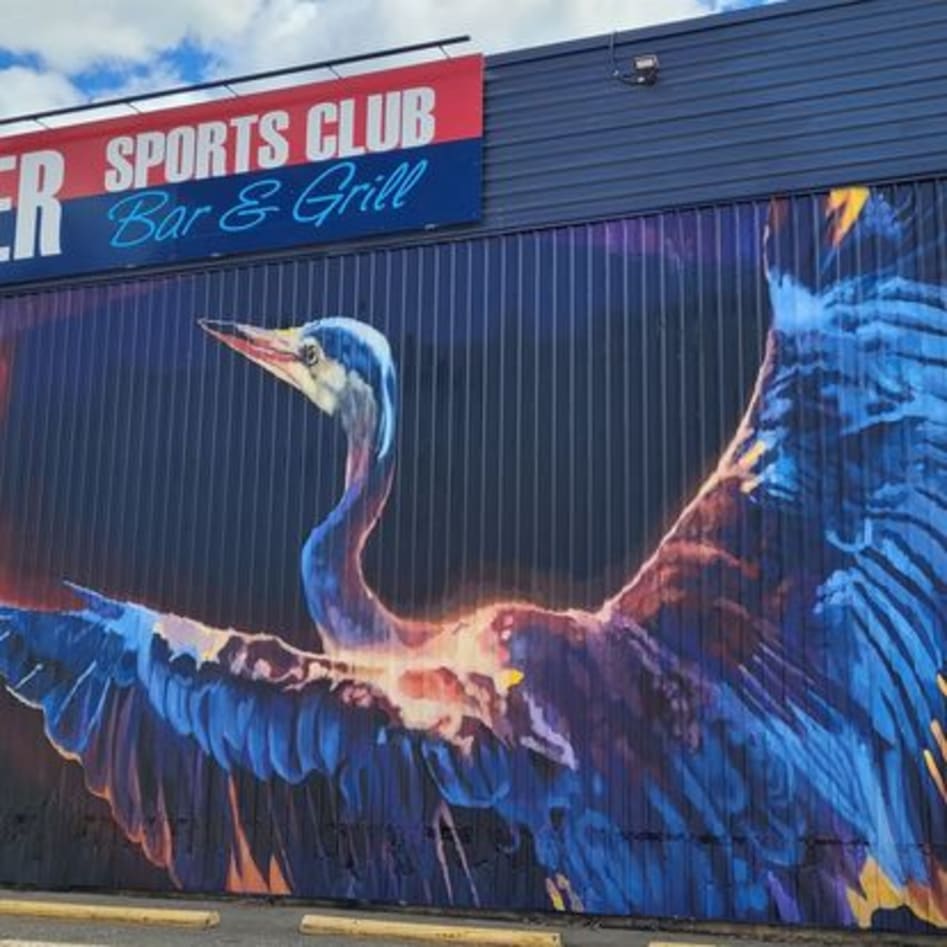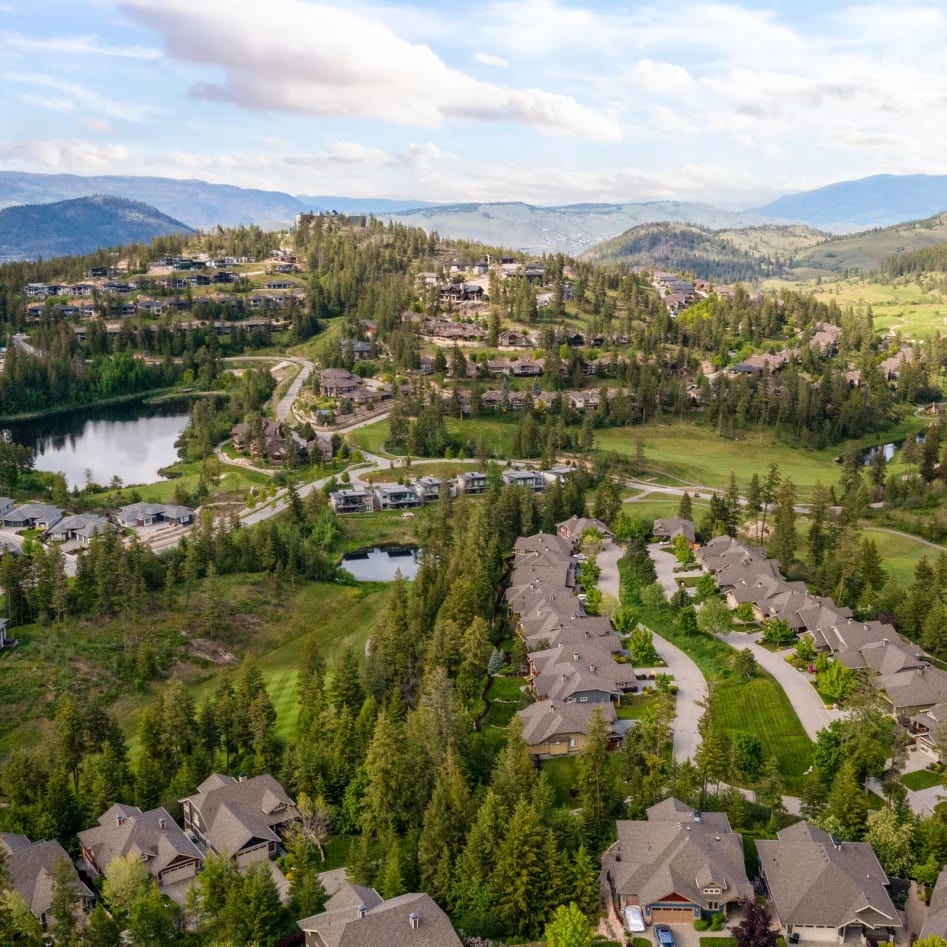Vernon, BC Canada
Renowned for its breathtaking landscapes, Vernon is a place where natural beauty meets a thriving community. Surrounded by sparkling lakes, lush orchards, and rolling hills, it’s a four-season destination that offers endless opportunities for outdoor recreation, relaxation, and exploration.
As a city with a rich history and dynamic present, Vernon is home to a diverse population, flourishing local businesses, and a strong sense of community pride. Its cultural scene is alive with art galleries, live performances, and year-round events, while its culinary offerings highlight the region’s agricultural bounty, including world-class wineries and farm-to-table dining experiences.
People visit and live here to enjoy the sun-drenched beaches of Kalamalka and Okanagan Lakes, the snowy slopes of SilverStar Mountain Resort, and to immerse in the warmth and hospitality of a city that balances small-town charm with modern amenities.
Explore Vernon—a place where nature, culture, and community come together in perfect harmony.
-
- "Lake of a Thousand Colours": Kalamalka Lake, adjacent to Vernon, is renowned for its vibrant hues, which change throughout the year due to calcium carbonate deposits.
- Winter Carnival: Since 1961, Vernon has hosted the Vernon Winter Carnival, now recognized as Western Canada's most prominent and North America's second-largest winter carnival.
- Trail Capital of BC: Vernon boasts an extensive trail system, earning it the title "Trails Capital of BC," connecting residents and visitors to its natural landscapes.
- Sister Cities: Vernon has established relationships with several international cities, including Modesto in the United States, Tome in Japan, and Tavullia in Italy, fostering cultural and economic exchanges.
- Splashdown Vernon: Formerly known as Atlantis Waterslides, this popular water park features 13 slides and has been a family-friendly attraction in the region.
-
Vernon, British Columbia, experiences a humid continental climate (Köppen classification Dfb) characterized by warm summers and cold winters.
Summers in Vernon are warm and dry, with average high temperatures reaching approximately 27°C (81°F) in July and August. These months are also the sunniest, averaging around 13 hours of sunshine daily.
Winters are cold, with average low temperatures in January dropping to about -9°C (16°F). Snowfall is common, particularly between November and March, with January typically being the snowiest month, averaging 154 mm (6.06 inches) of snow over approximately 13.8 days.
Precipitation in Vernon is relatively evenly distributed annually, totalling about 663 mm (26.1 inches) annually. November tends to be the wettest month, averaging 76 mm (3.0 inches) of precipitation, while August is generally the driest, with around 35 mm (1.4 inches).
This climate supports a diverse range of outdoor activities year-round, from water sports and hiking in the summer to skiing and snowboarding in the winter, making Vernon a popular destination for recreation enthusiasts.
-
Population: 67,086 residents
Median Age: 50 years
Households: 28,720
Have Children: 15,880
Homes Owned: 20,925
Homes Rented: 7,740
Apartments: 7460
Post-secondary Education: 19,810
Average Income: $40,000
Travel to work by car (as a driver): 20,165
Travel to work by walking: 1,425
Travel to work by cycling: 340 Sources: Statistics Canada, 2021 Census of Population.
-
Kalamalka Lake: Often referred to as the "Lake of a Thousand Colours," this glacial lake is renowned for its vibrant hues, which change with the seasons due to the precipitation of calcium carbonate.
Kalamalka Lake Provincial Park and Protected Area: Encompassing approximately 978 hectares, this park offers a preserved remnant of natural grasslands, forests, and cross-country ski trails, along with archaeological sites.
Ellison Provincial Park: Located on the east side of Okanagan Lake, this 219-hectare park features forested hiking trails, secluded beaches, and opportunities for rock climbing and wildlife viewing.
Kekuli Bay Provincial Park: Situated on the west shore of Kalamalka Lake, this 57-hectare park is popular for waterskiing and boating, offering a boat launch and a campground with scenic lake views.
BX Falls: A picturesque waterfall accessible via a forested hiking trail, providing a serene natural setting for visitors.
SilverStar Mountain Resort: A prominent ski resort offering a variety of winter sports and summer activities, surrounded by alpine meadows and scenic vistas.
Swan Lake Nature Reserve: A tranquil area ideal for birdwatching and observing local wildlife, featuring walking trails and observation platforms.
-
City Centre: The centre of Vernon
Predator Ridge: A neighbourhood in Vernon
Bella Vista West: A neighbourhood in Vernon
East Bella Vista Highlands: A neighbourhood in Vernon
North Vernon: A neighbourhood in Vernon
Waterfront: A neighbourhood in Vernon
Okanagan Hills: A neighbourhood in Vernon
Okanagan Landing: A neighbourhood in Vernon
Blue Jay Subdivision: A neighbourhood in Vernon
Foothills: A neighbourhood in Vernon
Adventure Bay: A neighbourhood east of downtown Vernon that focuses on Okanagan Lake
-
Vernon, British Columbia, is served by School District No. 22 (Vernon), which encompasses a variety of educational institutions catering to students from kindergarten through grade 12.
Elementary Schools (K-7):
- Alexis Park Elementary School
- BX Elementary School
- Beairsto Elementary School
- Coldstream Elementary School
- Ellison Elementary School
- Harwood Elementary School
- Hillview Elementary School
- Kidston Elementary School
- Lavington Elementary School
- Mission Hill Elementary School
- Okanagan Landing Elementary School
- Silver Star Elementary School
Secondary Schools (8-12):
- Clarence Fulton Secondary School
- Kalamalka Secondary School
- Vernon Secondary School
- W.L. Seaton Secondary School
Alternative and Online Learning:
- vLearn: An online learning platform offering K-12 education.
- Vernon Community School: Provides alternative education programs.
Independent Schools:
- Vernon Christian School: Offers education from preschool to grade 12 with a Christian-based curriculum.
- St. James School: A Catholic independent school serving elementary grades.
- Pleasant Valley Christian Academy: Provides education from kindergarten to grade 8 with a Christian perspective.
-
Vernon, British Columbia, is a city deeply rooted in history, situated in the traditional territory of the Okanagan Indian Nations, or Syeelhwh Nation. The area's original name, Nintle-Moos-Chin, meaning "jumping over the creek," reflects the geography of BX Creek, a natural crossing point for the Indigenous people. Known for their traditional use of the Okanagan Lake and River as transportation routes, the Syeelhwh people played a vital role in shaping the region's early heritage. Chief Kalamalka, a significant figure among the Syeelhwh, left a lasting legacy, with the beautiful lake south of Vernon bearing his name today.
European exploration began in 1811 when David Stuart of the Pacific Fur Company first encountered the Okanagan Valley. The Hudson's Bay Company established the Okanagan Brigade Trail, linking trade routes between Washington and Kamloops and utilizing Indigenous paths. By the mid-19th century, gold discoveries attracted miners, and settlers followed. Among them was Luc Girouard, who became the first permanent white settler in 1861. Religious missions soon followed, laying cultural and institutional foundations in the valley.
In 1864, the area's agricultural potential gained prominence with the establishment of Coldstream Ranch by Forbes and Charles Vernon, after whom the city was eventually named. This ranching tradition flourished, attracting figures like Cornelius O'Keefe and Price Ellison. Over time, the community expanded from its early monikers—Forge Valley and Priest's Valley—to becoming officially named Vernon in 1887. By 1892, Vernon was incorporated as a city, boasting thriving industries, schools, a hospital, and a multicultural population that included notable Japanese and Chinese communities.
The late 19th and early 20th centuries marked rapid development, including the advent of the Shuswap and Okanagan Railway in 1892. This rail line connected Vernon to broader trade networks, while steamboats on Okanagan Lake enhanced regional commerce. The establishment of irrigation systems like the Grey Canal in 1908 transformed the area into a hub for fruit agriculture, a hallmark of Vernon's economic identity.
-
Vernon, British Columbia, has several heritage-designated properties that reflect its rich history and cultural significance. Here are some notable sites:
Campbell House: A Queen Anne Revival house built in 1898 overlooks downtown Vernon.
Mackie Lake House: A 1910 house on Kalamalka Lake, now serving as a cultural and historic centre.
Urquhart House: A Craftsman-style house featuring a stone fireplace and fir panelling.
Historic O'Keefe Ranch: Established in 1867, this ranch includes a post office, blacksmith shop, general store, and church, offering insights into early ranching in the North Okanagan.
Vernon Federal Building: A two-story, L-shaped building in the downtown commercial district, illustrating the growth of federal government services in the 1950s.
Vernon Courthouse: Constructed in 1914, this building continues to serve the community today.
These sites offer a glimpse into Vernon's architectural diversity and historical development, preserving the legacy of the region for future generations.
More Articles
Davison Orchards Country Village: Farm-Fresh Fun for All
The Buzz on Planet Bee Honey Farm and Honeymoon Meadery
Slide Into Summer at Splashdown Vernon
Discover the Best Beaches on Kalamalka Lake: Your Ultimate Guide to Sun and Sand
Kalamalka Lake: A Magical Turquoise Water Oasis
Must-Try Trails of Kalamalka Provincial Park
Step Back in Time: Explore the Charm of Historic O'Keefe Ranch
Ski-In, Ski-Out: Best Places to Stay at SilverStar Mountain Resort
Unparalleled Elegance: Indulge in KurSpa's Exclusive Experiences
Frequently Asked Questions
-
Yes, Vernon is near the northern tip of the Okanagan wine region. There are several wineries in and around the area, offering wine tastings, vineyard tours, and picturesque views of the surrounding valley.
-
Vernon is known for its scenic landscapes, outdoor recreational activities, and vibrant arts scene. It’s particularly famous for its lakes, like Okanagan Lake, Kalamalka Lake, and Swan Lake, as well as its winter and summer sports options.
-
Visitors and residents enjoy a range of activities, including skiing at SilverStar Mountain Resort, hiking and mountain biking, wine tasting at nearby wineries, and exploring local art galleries and cultural events. Water sports on Kalamalka and Okanagan Lakes are also very popular.
-
Vernon has a semi-arid climate with hot, dry summers and cool, snowy winters. Temperatures in summer can reach over 35°C, while winter temperatures can drop below freezing and range from -10°C to +10°C, especially in the higher elevations.
-
Vernon is about a 40-minute drive north of Kelowna. The closest airport is Kelowna International Airport (YLW), which has direct flights to major Canadian cities. Car rentals and shuttle services are available from the airport.
-
Vernon is a year-round destination. Summer offers great conditions for lake activities and hiking, while winter provides excellent skiing and snowboarding at SilverStar. Fall and spring also offer mild weather, with beautiful fall colours and vibrant wildflowers in spring.













